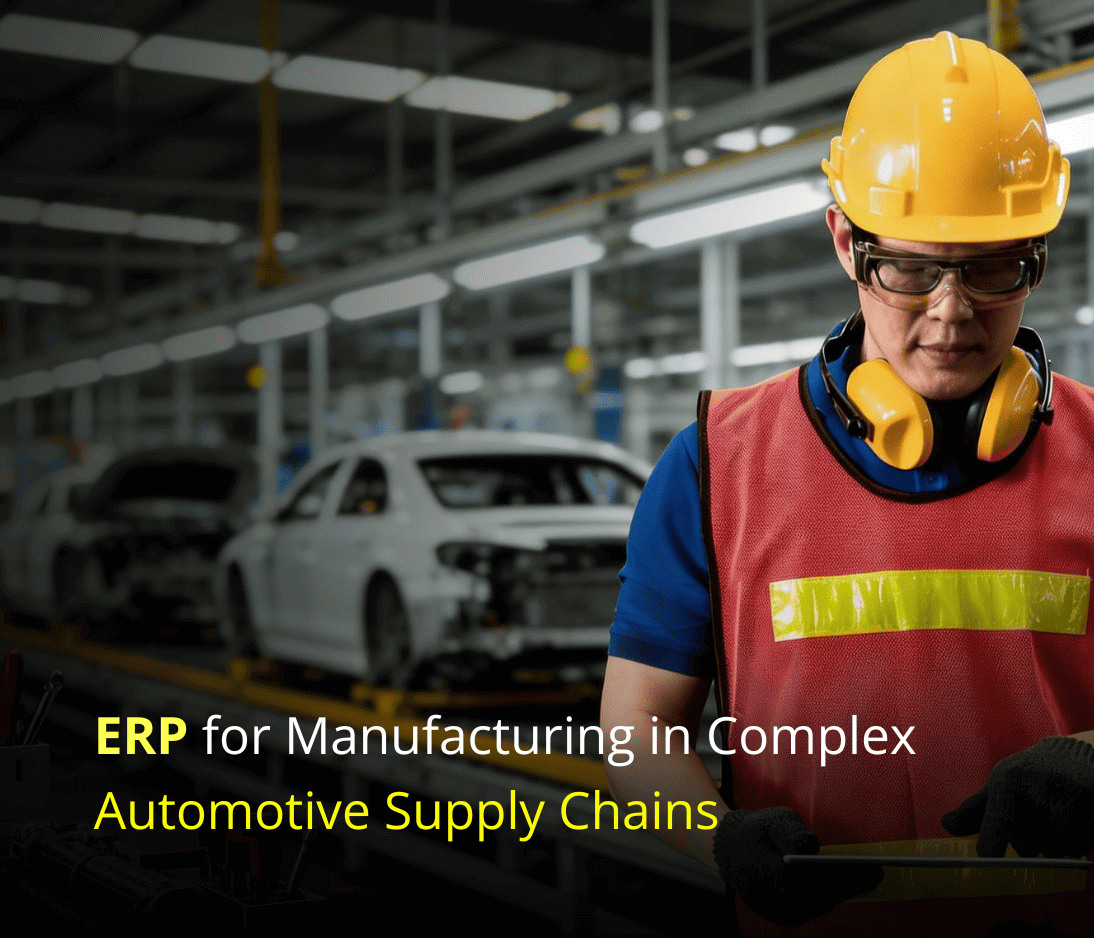Why Implement a Construction ERP System?
To set the context, let's first understand why an ERP system is critical for the construction industry. Traditional methods of managing operations are often inefficient and can result in time and resource wastage. An ERP system centralizes data and processes, improving efficiency, reducing redundancy, and promoting better decision-making.
From managing resources and tracking projects to accounting and HR, a construction ERP software covers all crucial aspects of your business operations. It provides real-time visibility into your projects, enabling you to monitor progress, track costs, manage changes, and anticipate and mitigate risks. The result is improved productivity, reduced costs, better compliance, and increased profitability.
Implementation Process
The ERP implementation process typically involves the following stages:
Planning
This is the first and arguably the most critical phase of the ERP implementation process. It involves defining clear objectives, forming an implementation team, and creating a detailed implementation plan.
Installation
Next, you'll need to install the software, which may involve setting up new hardware, configuring networks, and ensuring that your IT infrastructure meets the system's requirements.
Data migration
This phase involves transferring data from your current systems to the new ERP system. It's crucial to clean and validate your data before migration to ensure accuracy.
Configuration and customization
Here, you configure the ERP system based on your specific business needs. While many businesses may need only minor adjustments, others might require extensive customization.
Training
Training is essential to ensure your team can effectively use the new system. This phase should cover all aspects of the ERP system and should be tailored to different user roles.
Testing
Before going live, you need to thoroughly test the system to ensure it's working as expected. This phase may involve testing individual modules, integration points, and end-to-end workflows.
Go live and support
Once you're confident the system is ready, you can go live. The vendor or implementation partner will usually offer ongoing support to help you resolve any issues that arise post-implementation.

What to Expect?
Initial investment
Implementing a new ERP system in your construction business is a significant investment. It involves not just the cost of the software, but also other costs related to hardware, training, data migration, customization, and ongoing support. However, this should be viewed as a long-term investment, as the benefits of increased efficiency, improved decision-making, and enhanced profitability can significantly outweigh these initial costs over time.
Change management
Implementing a new ERP system brings significant changes, and it's essential to manage these changes effectively to ensure a smooth transition. This may involve addressing resistance, fostering acceptance, and creating a culture that embraces change.
Continuous improvement
An ERP implementation is not a one-off project but a continuous journey. You should expect to continually monitor the system's performance, gather user feedback, and make adjustments as needed. This continuous improvement approach helps you maximize the value of your ERP system.
Conclusion
Implementing a new construction ERP system can seem like a daunting task, but with the right approach, it can be a transformative journey. By setting clear objectives, investing in training and change management, and embracing a culture ofcontinuous improvement, you can make the most of your ERP system and steer your construction business towards greater success.







